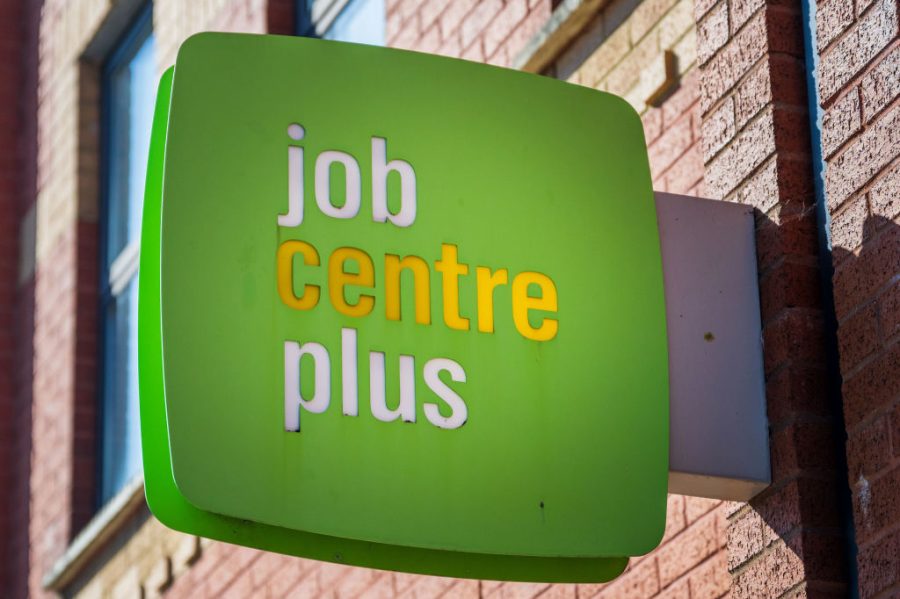Those of us of a certain vintage will remember the National Record of Achievement, a brown, crummy-looking folder, sent (personally, I like to think) by Tony Blair to every schoolchild in the country. We were encouraged to keep our certificates within its corporate leaves, from Swimming Level 1 Goldfish to Duke of Edinburgh. Presumably, before the government had this idea, people didn’t know what to do with certificates. Perhaps they were used as kindling, or eaten.
Receiving a certificate was a moment of fulfilment. If it came in the post, anticipation was part of the process. Being awarded one in person had extra frisson. Some certificates were better than others. The Associated Board of Royal Schools of Music (how the name hums with authority!) issued gorgeous certificates on sexy, cream-coloured paper. Practising for musical grades is jolly hard work (very few children enjoy doing scales). After the tension of the exam, the certificate was something to savour and keep, like an invitation from the King. Some might frame them; we didn’t, but I certainly thought of mine with pride, each one a step into a grown up world.
Yet now, the Associated Board of Royal Schools of Music no longer gives out physical certificates. Oh yes, it’s all in the name of progress, of course. Now you must log on to the website, where you are, quite literally, unceremoniously issued with a digital certificate. What can you do with that, I wonder? Display it on your computer’s desktop? Send it to your WhatsApp group, instead of sexting? A collection of pixels simply doesn’t perform the same function as good solid paper. They exist solely in the wires of your machine: they are an illusion. Does that mean the certificate’s an illusion too? Maybe it does.
A certificate should be printed, signed and issued by the awarding body. Do the job at home, and you might as well have forged it yourself, like the fake ID you used to buy tinnies from Tescos. If you do run to the bother (and expense) of printing out the ABRSM’s half-hearted digital stamp of approval, you must then use an unlovely QR code to ‘validate’ it. Listen, it’s not hard: you are a certificating body. You make the certificates, get the big cheese to sign it, and then you shove it in the post. What next – will people mark their own exams? For now, at least, we can rejoice that it hasn’t all been done by an AI chatbot.
These little, tech-driven erosions, all taken together, build up into something bigger
It isn’t just receiving real certificates that’s vanishingly rare. It’s getting exam results in person, too. Not long ago (ahem, about 20 years) I had to travel to Oxford in order to receive my finals results, which were pinned up on the door of the exam schools, like Martin Luther’s theses, and probably more important to us students.
I remember that journey with icy clarity. Filled with dread on the way, I returned home mightily relieved, and mildly drunk. Now, university students are informed about the rest of their lives via the cold screens of their phones. Many schools ping out A Level and GCSE results electronically. What will newspapers splash on their front pages on results day? Happy teenagers peering at their screens?
The internet makes things more convenient. But what it also does is iron out significant moments. We’re not very good, as a nation, at rites of passage into adulthood. Getting your certificate in the post, or venturing out for exam results, are microcosmic versions of anthropological ceremonies. If you don’t make that journey in to school or college, you miss out on seeing your friends, on both the celebrations and commiserations, and, without sounding too Freudy, on the fulfilment of a psychological journey.
The physical world matters. We are real, social creatures. These little, tech-driven erosions, all taken together, build up into something bigger. We become passive receivers, rather than active seekers, cocooned in little bubbles of false comfort. So let’s hope not too many organisations follow the ABRSM’s example. Here’s to thick paper, wet signatures, and watermarks. And when you’re old and doddery, you can look back at your framed Grade 2 Triangle pass with pride.








Comments